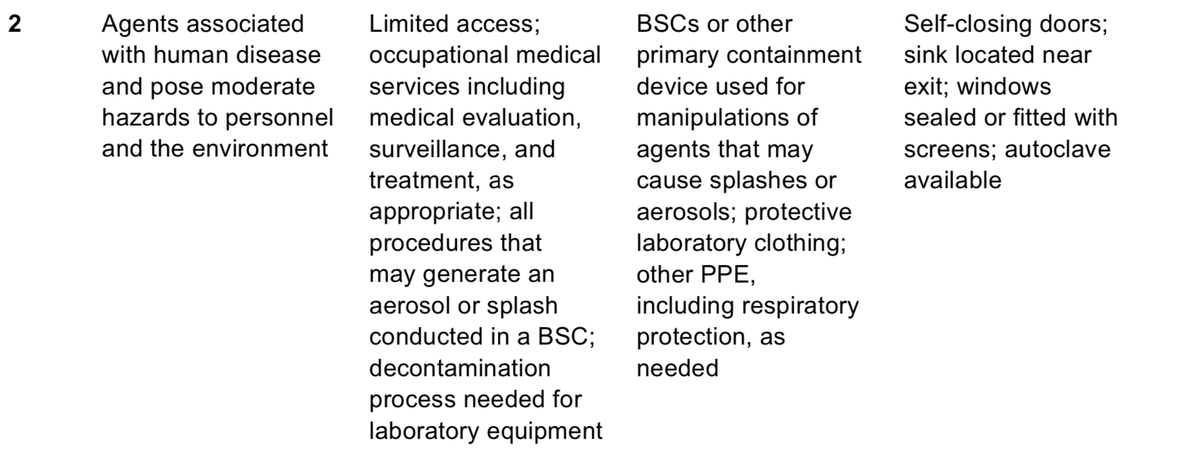
@RadioFreeTom @JVLast @MJGerson I went to sleep before this & sequels went up, but 2 quick thoughts.
1: you're right that you and yours have a unique perspective on the GOP and the pathologies that led to our current misery. But unique doesn't mean complete, or the whole of the story...
1: you're right that you and yours have a unique perspective on the GOP and the pathologies that led to our current misery. But unique doesn't mean complete, or the whole of the story...
@RadioFreeTom @JVLast @MJGerson 2/ A literary reference: you may be in the position of the hero of Abbott's classic mathematical tale, Flatland:* utterly immersed in an environment that the protagonist at once know intimately and could not fully perceive.
@RadioFreeTom @JVLast @MJGerson 2.5/
*Culturally I'd say that you more closely resemble the star of Norman Juster's eternally wonderful fairy tale, "The Dot and the Line," which concludes, as it must, "To the vector belong the spoils"...
*Culturally I'd say that you more closely resemble the star of Norman Juster's eternally wonderful fairy tale, "The Dot and the Line," which concludes, as it must, "To the vector belong the spoils"...
@RadioFreeTom @JVLast @MJGerson 3/ But I digress...
If I read you right, you don't see an original sin in the GOP that predates Reagan or Bush I--is that correct?
If so, I think you're wrong, as inconceivable as that might be in any properly run universe...
If I read you right, you don't see an original sin in the GOP that predates Reagan or Bush I--is that correct?
If so, I think you're wrong, as inconceivable as that might be in any properly run universe...
@RadioFreeTom @JVLast @MJGerson 4/ Not to go on even longer, I got one word for you: McCarthyism.
That's where my personal experience comes in. My dad was brushed by it; his advisor, John King Fairbank, took a blow head on, and 1 of my family's closest friends, John Service had his career destroyed by it...
That's where my personal experience comes in. My dad was brushed by it; his advisor, John King Fairbank, took a blow head on, and 1 of my family's closest friends, John Service had his career destroyed by it...
@RadioFreeTom @JVLast @MJGerson 5/ Not the whole of the GOP, but much of it, was willing to ride Tailgunner Joe's drunken malignity to regain power after 20 years in the wilderness. Nixon was marinated in it. It helped forge early links between the right-crazy (John Birch) and the establishment (See Buckley)...
@RadioFreeTom @JVLast @MJGerson 6/ It even helped, I'd argue, seed some of the GOP's currently disastrous war on expertise, if I may tiptoe into your bailiwick.
There's a lot more to the history; the GOP's journey through the 50s and 60s is truly intricate as you know better than I...
There's a lot more to the history; the GOP's journey through the 50s and 60s is truly intricate as you know better than I...
@RadioFreeTom @JVLast @MJGerson 6.5/ In that context, @NaomiOreskes and Erik Conway's book Merchants of Doubt is good about the connection between anti-Communism, anti-environmentalism, and the GOP-Big Tobacco and Big Oil nexus.
@RadioFreeTom @JVLast @MJGerson @NaomiOreskes 7/ But I digress again. All this is to say that there's a long history of GOP dalliance with anti-democratic and authoritarian ideas and tactics. After the fall of McCarthy, it wasn't a major or dominant strain for a long time. But, to make an analogy from evolution...
@RadioFreeTom @JVLast @MJGerson @NaomiOreskes 8/ the traits were present in the political/cultural genome, available for rapid spread when the environment shifted enough to make such seemingly hostile-to-American governance traits adaptive again.
With that, one last thought...
With that, one last thought...
@RadioFreeTom @JVLast @MJGerson @NaomiOreskes 9/ I don't dispute your grasp of what it will take to unf**k the GOP. I'm not sure if it can be done, but it's vital to try.
/fin
/fin
• • •
Missing some Tweet in this thread? You can try to
force a refresh






